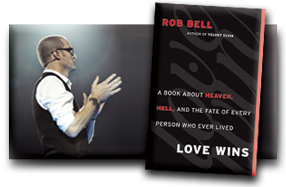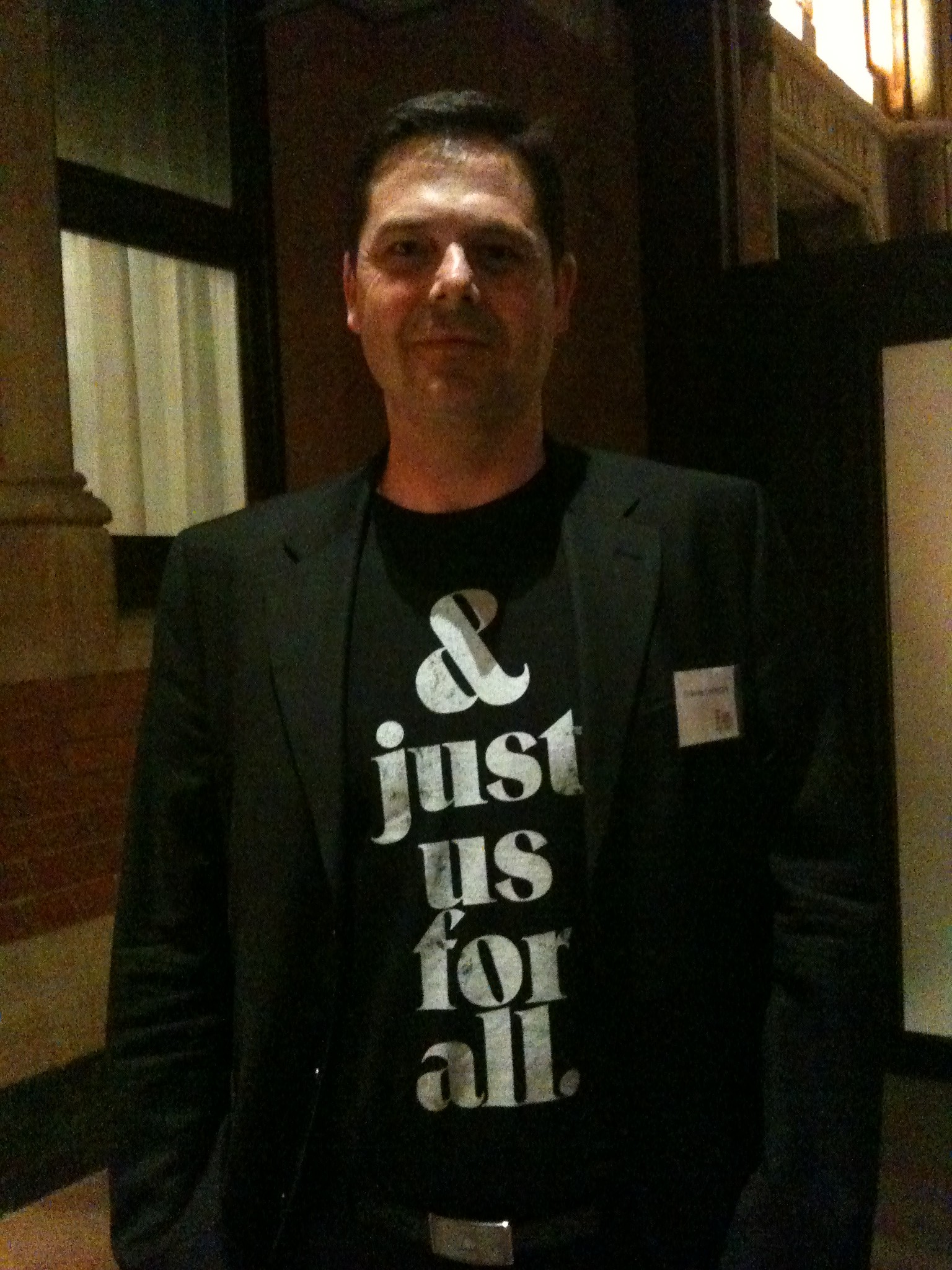Here is something you should hear at church this week, but probably won’t: don’t be scared of the terrorists.
There is much to be afraid of these days. It seems that many people – too many people – are afraid of terror and terrorism. Maybe they have a good reason to be – just look at what happened in Oslo last week, or what is happening across the Middle East everyday. For those with religious inclinations, it seems that one of the antidotes to this fear is to retreat further into religious fundamentalism and extremism. The attitude is very much: “We are right and you are wrong”, leading to “You’re either for us or against us”. Unfortunately, whenever this happens it leads to even more problems, and ultimately even more reasons for fear.
A systems framework that I find helpful is Spiral Dynamics, which attempts to identify various worldviews and chart them in a progression. It seems to me that many people are trapped in the ‘Blue’ (or ‘Amber’ according to Ken Wilber’s formulation) meme/level, which is about the us versus them approach to dealing with issues. It also frequently is associated with a ‘might is right’ approach, where terror is fought with force. (PS, for an excellent book on Christian leadership using systems theory, read “Systems Sensitive Leadership” – buy it at Amazon.co.uk or Amazon.com)
Sadly, in the midst of this fear, we have somehow come to revere the people who wage the wars. There is a myth that we might not agree with the war leaders, but we should still support the soldiers. In certain circumstances that might be right, but I think it might also just serves to deepen the fear. This is exactly the opposite of the effect it is supposed to have. The country with biggest army is supposed to feel safest, is it not?
Those who serve in militaries around the world are given almost reverential adoration. Now I can understand this (sort of) if those people were conscripted into the military – in other words, if they had no choice about it. And I understand that they face physical danger in their work, which is (notionally at least) to protect their compatriots ‘back home’. But when young men and women make a career choice to join the military, they are doing no more or less than anyone else choosing a career that might be beneficial for their country (including, say, a farmer, a teacher, a nurse or public servant). And they have chosen to do a job that they know will lead them into war – it’s not a surprise, and we should not feel sorry for them. (For the record, in case you think I don’t know what I’m talking about, I was conscripted and saw active duty. I also attended nearly 50 military funerals during that time. This is not an uninformed opinion.)
Brian McLaren, author of “A New Kind of Christianity” wrote an excellent piece on his blog today about “How We Feel Safe …“. He asks whether we feel safer because we’re in control, because we have a big military, because we are at war? He has a point. The anecdotal evidence would say, “No, we don’t feel safer”. But that doesn’t seem to stop the wars in the name of safety (or ‘freedom’).
And then we need to consider the attitudes of the general populations of ‘The West’ towards Islam. This is where the perceived threat is coming from: “Muslim extremists”. The wars to which we send our soldiers are supposedly to stop these muslim extremists from bringing their terror to our shores. But is this story actually true?
Here’s just a quick test to help you judge your own perceptions and bias: The European Union’s 2010 Terrorism Situation and Trend Report has just been released for 2010, and has some fascinating findings. How many terror attacks do you think occurred in 2009 and 2010 in Europe? Of those totals, how many do you think were “Islamist”? Take a moment to ponder these statistics before looking at the answers below.
Continue reading Who are we scared of? And are we safer because of our militaries? →


 On Monday night I attended the global launch event of the “
On Monday night I attended the global launch event of the “